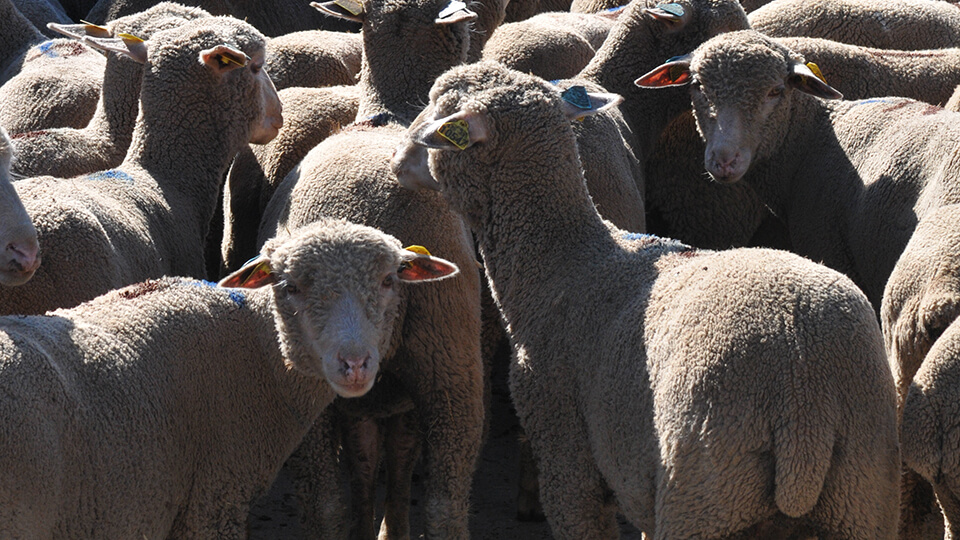Hydatidose ou échinococcose hydatique

Auteurs
Résumé
L’hydatidose ou échinococcose hydatique est une zoonose redoutable véhiculée par le cestode Echinococcus granulosus. Elle est souvent mal identifiée du fait de sa traduction clinique polymorphe chez l’Homme et de son silence symptomatique chez l’hôte définitif (le chien) ainsi que chez les hôtes intermédiaires (les ruminants et les omnivores) où elle n’est découverte qu’à l’abattoir. Souvent considérée comme une parasitose du Maghreb, l’hydatidose existe aussi en France : on compterait environ 400 interventions chirurgicales pour cause d’hydatidose humaine dans les grands hôpitaux de la zone sud-est. Le rôle de prévention des vétérinaires est primordial par leur action en inspection des denrées alimentaires d’origine animale, par les conseils donnés pour la vermifugation des chiens ainsi que par le rappel des règles fondamentales d’hygiène.
Abstract
Echinococcosis or hydatid disease is a dangerous zoonosis caused by the Echinococcus granulosus worm. It is often incorrectly identified due to its polymorphous clinical aspect in man and the absence of symptoms in its definitive host (the dog) as well as in the intermediary hosts (ruminants and omnivores) where it is only discovered at the slaughterhouse. Often considered a North African parasite infection, echinococcosis also exists in France. There are around 400 surgical operations to treat echinococcosis in the big hospitals in the South East of France. The preventive role played veterinarians is primordial and includes: the inspection of animal products, advice given about de-worming dogs and well as reminding people about basic hygiene rules.
D'autres articles
JNGTV 2006 Page 101
Bovins · Aucun thème


